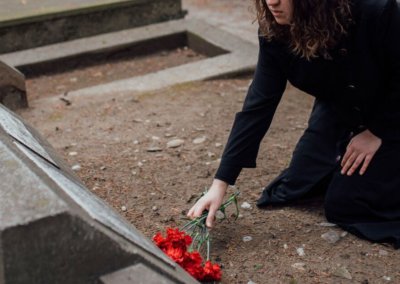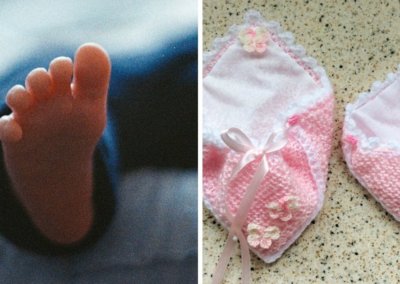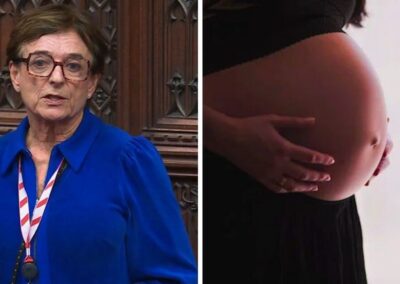Britain’s largest abortion provider is objecting to life-saving plans that would let coroners hold inquests for stillbirths over fears the move will recognise the humanity and personhood of an unborn baby.
It follows UK government proposals which recommend new powers for coroners that will enable them to hold inquests for ‘full-term’ stillbirths from 37 weeks’ gestation and suggest changes that could save the lives of unborn babies.
In its response to a joint consultation from the Ministry of Justice and Department for Health and Social Care, the British Pregnancy Advisory Service expressed ‘serious concern’ that the proposals risk “conferring a degree of foetal personhood” which is not currently reflected by existing law.
However, bereaved parents, doctors, lawyers and coroners have long been calling for a change in the law which currently allows an inquest for a baby who died seconds after delivery but not for one who died before.
They say stillbirths are too often not properly investigated and a change in the law would provide parents with answers on what went wrong and why, while ensuring any mistakes are identified to prevent future deaths.
Approximately, nine babies are stillborn every day in the UK. That’s one in every 225 births. 800 of stillbirths every year are full-term.
BPAS, who carried out over 70,000 abortions last year, drew a distinction between the “infanticide or murder of a new-born baby versus child destruction of an unborn baby”, noting that stillborn babies are not issued with a birth or death certificate.
They also claim that it is inappropriate to refer to a stillbirth as a “death” in case it indicates a legal personhood the stillborn baby did not have.
Numerous women who had lost children in labour hit back at BPAS’ response. Among them was Caroline Tully, who had to fight for an inquest for her daughter Clara.
She told the Mail on Sunday, that BPAS’ opposition “could come at a cost to the lives of unborn babies, by allowing unsafe practices to go unchecked.”
Michelle Hemmington, of the Campaign For Safer Births, who lost her son due to medical mistakes agreed, adding: “This change could save babies’ lives.”
Spokesperson for Right to Life, Catherine Robinson said:
“In contrast to BPAS’s consultation response, biological science shows that a baby is genetically distinct from the mother from conception. From 16 weeks a baby can hear sounds from the outside world and from 6 weeks the heart can be seen beating on an ultrasound scan at this stage. These facts expose the difficulty in denying the humanity, personhood and right to life of the unborn baby.”
“We hope that the UK government listens to the bereaved parents, doctors, lawyers and coroners who have long been calling for a change in law, that could save lives, and ignore the calls of abortion activists who are more concerned about growing the number of terminations they perform.”












